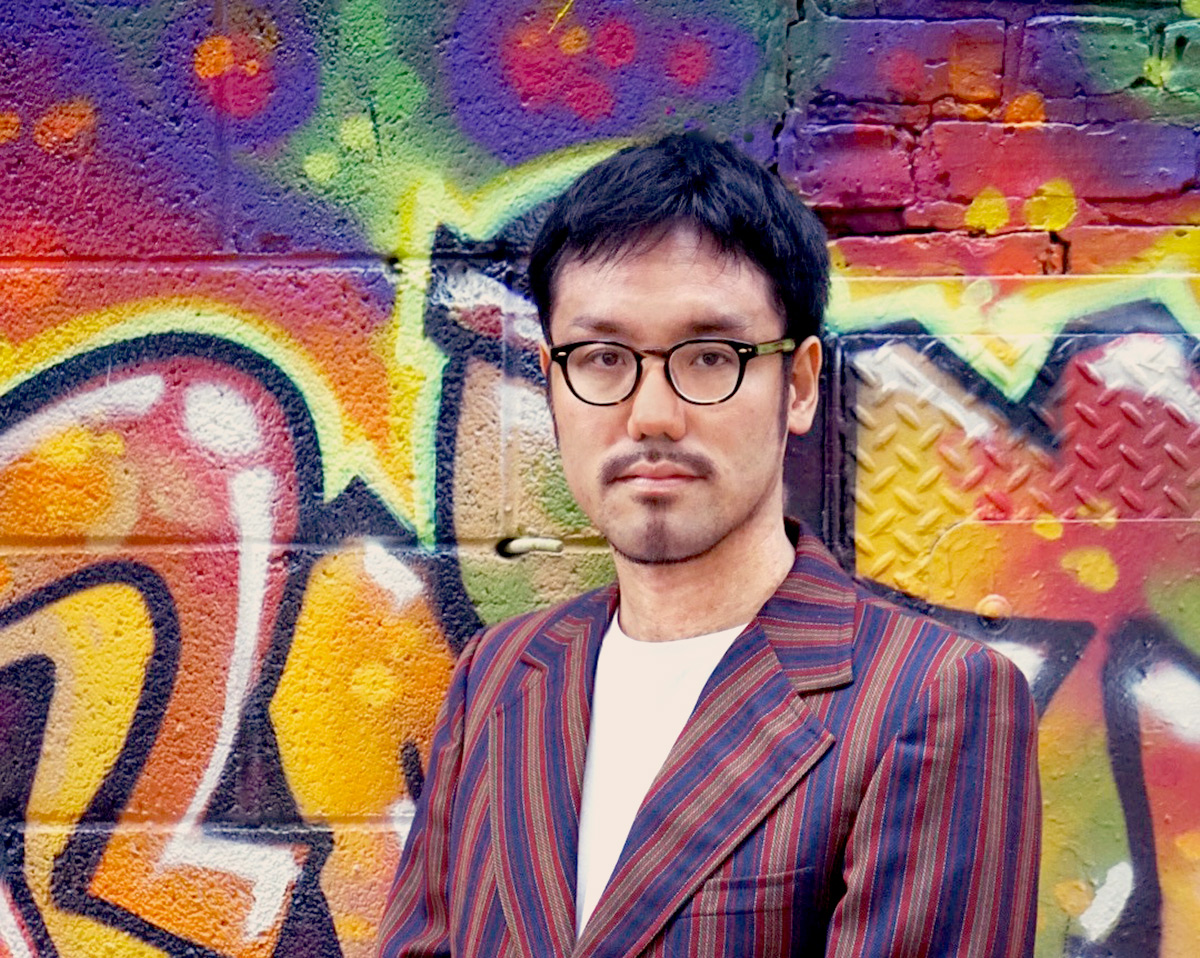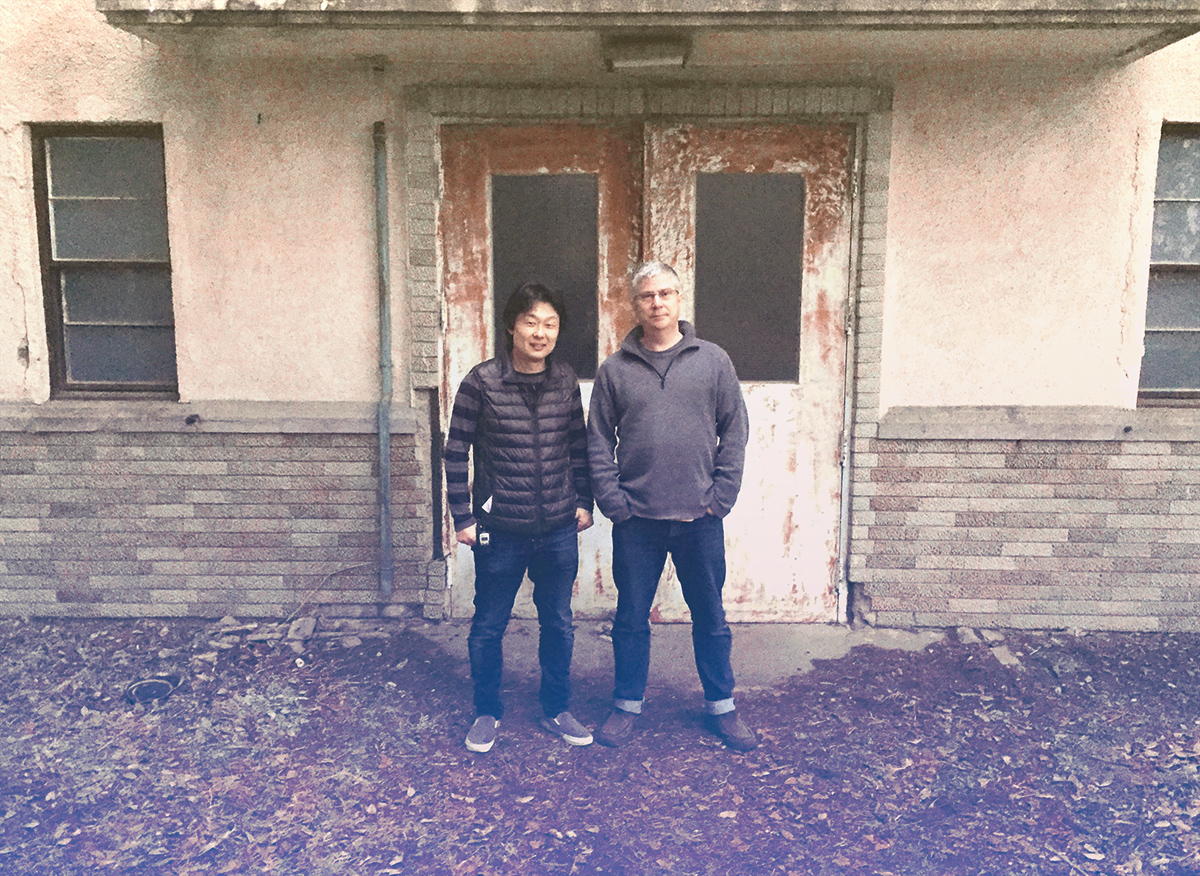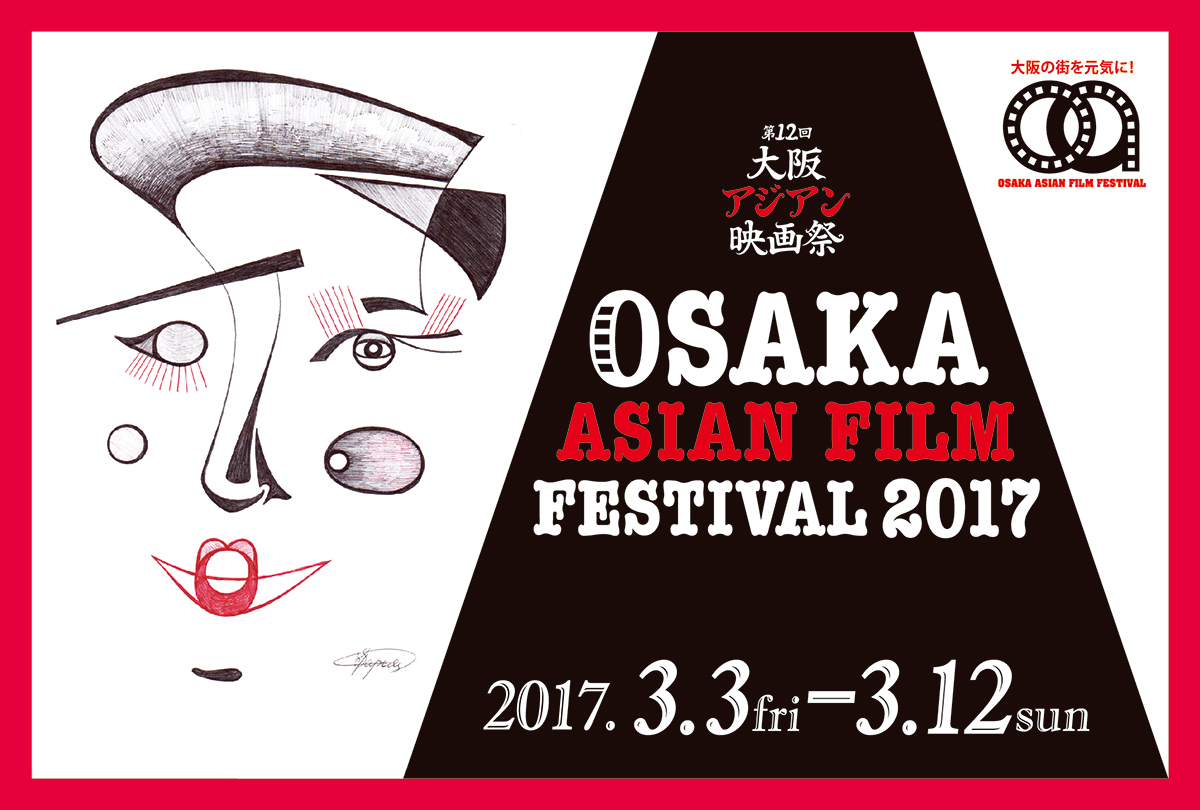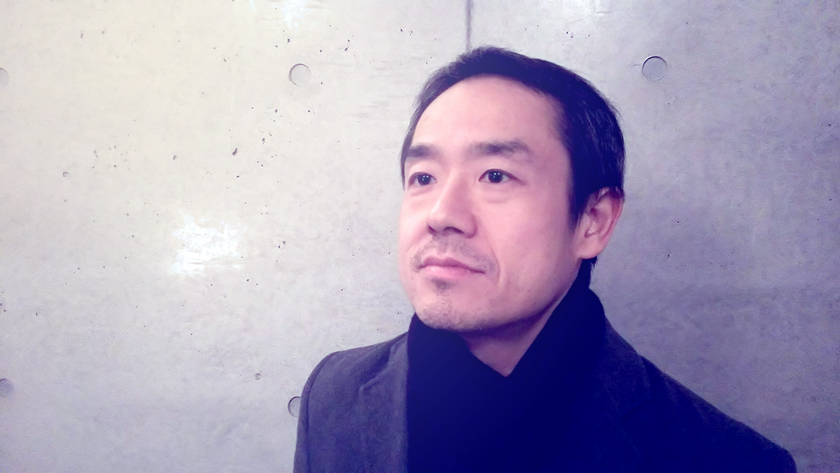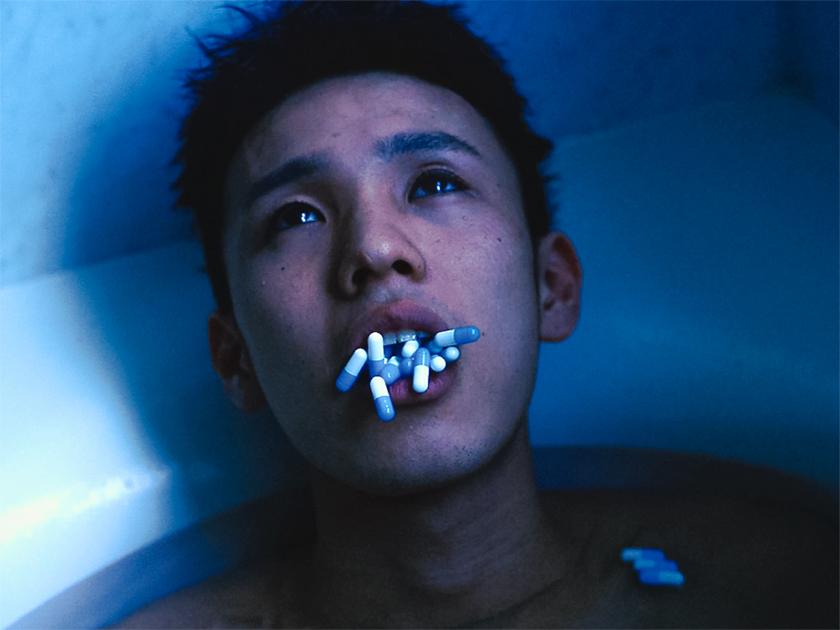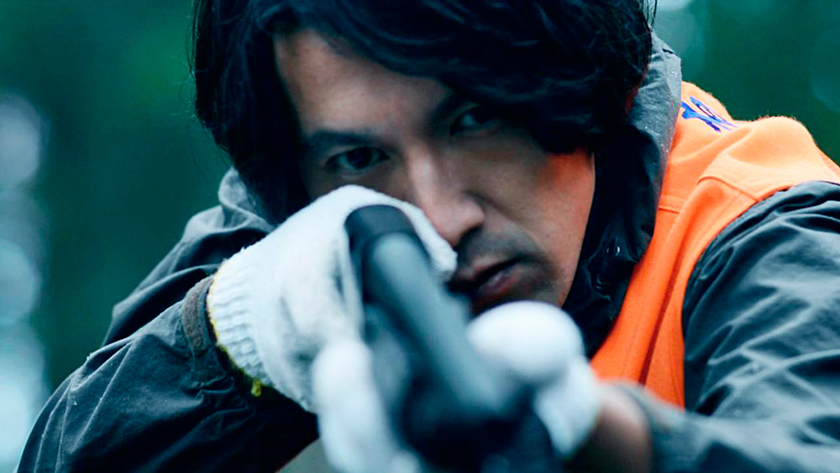Entertainer with a Cause – Miyazaki Daisuke
Yokohama born Miyazaki Daisuke posseses a pensive quality not readily evident in his relaxed gaze and mild-mannered smile. Make no mistake, however, inside burns a well stoked fire for incisively entertaining stories. A graduate of Waseda University, Miyazake attended a 2004 film school administered by New York University in Japan. The resulting thesis short, The 10th Room, garnered the program’s grand prize, certainly no fluke for the Political Science and Economics major. From there, he was a production design assistant on Leo Carax’s Merde and an assistant director for Kurosawa Kiyoshi. He made a few more shorts before teaming with Tokyo Sonata cinematographer, Ashizawa Akiko, in 2010 for his first feature-length movie, End of the Night. The stylish hitman tale feels like something out of cinema’s heyday of the 70s and 80s. Though its noir-ish tone, wry humor, and topicality seem outwardly “foreign,” its soul is distinctively Japanese and perhaps a completely original type of noir. Moreover, it is a wonderful showcase of the kind of savvy low-budget filmmaking that would have made Roger Corman …

